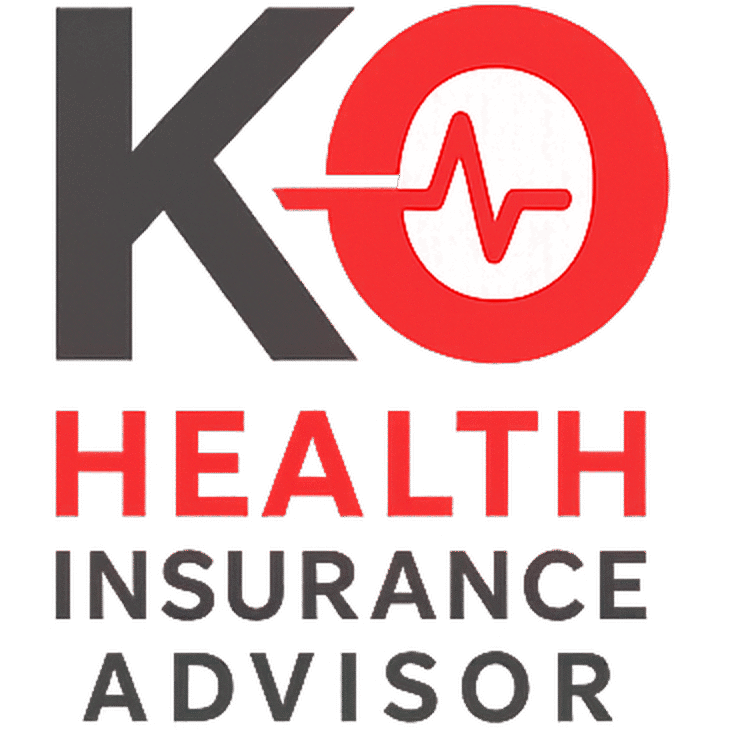FAQ’s
From enrollment to plan options and costs, here are clear answers to the most common health insurance questions to help you choose with confidence.
Getting Started & Enrollment

As a licensed health agent nationwide, I have access to all the health plans available in your state. I’ve been helping individuals, families, and small businesses for years, so I can quickly match you with a plan that fits your health needs and your budget. My goal is to simplify the process and make sure you feel confident about your coverage.
Signing up for an ACA plan outside the open enrollment period can only be done with a life qualifying event like getting married or moving states, etc. However, private health insurance plans offer more flexibility, allowing you to enroll at any time throughout the year. As a licensed health agent, with access to all options I’m here to assist you in navigating these options whenever you need coverage.
Open enrollment for health insurance with Public Market (ACA/Obamacare) typically runs from November 1 to December 15 each year. While Private plans are open year round offering more flexibility!
Private insurance is available year-round, so you don’t need to wait for an “open enrollment” period. This flexibility allows you to sign up or make changes to your private insurance plan at any time.
Yes, you can cancel your health insurance whenever you need to, as private insurance plans do not typically require long-term commitments. This gives you the flexibility to adjust your coverage as your circumstances change.
Understanding Health
Insurance

An HMO requires you to choose a primary care doctor and get referrals for specialists, while a PPO offers more flexibility to see any doctor, often with nationwide access.
While HMOs are usually seen as more affordable, there are PPO plans I work with that are actually more affordable than many HMO options, while still giving you greater flexibility and coverage.
It comes down to your budget, health needs, and preferences for flexibility. It’s my job to help you find the perfect plan for yourself, so you don’t have to figure it out alone.
Some of the largest carriers include UnitedHealthcare, Blue Cross Blue Shield, Aetna, Cigna, and Humana. Private insurers also offer competitive options.
A deductible is the amount you pay out of pocket before your insurance starts covering costs. Lower deductibles mean quicker coverage, while higher deductibles usually mean lower monthly premiums.
It depends on whether your doctor is in-network. PPOs often allow you to see out-of-network doctors, but HMOs usually restrict you to their network. If you tell me what doctor you see, I’ll pull up all the plans that accept them so you know your options.
Yes — while these short-term or limited benefit plans can help in specific situations, they don’t always cover everything you may need, like pre-existing conditions, preventive care, or long-term protection. Comprehensive coverage ensures you’re protected across the board, so you’re not left with large gaps or surprise bills.
Costs & Coverage

Private insurance can be more affordable than you might think. Many people find that switching to private insurance saves them money, as the costs are typically based on health rather than just income and age.
ACA/Obamacare plans offer major medical coverage and are available regardless of pre-existing conditions. Employer plans provide excellent benefits for the employee but can be very costly for family additions. Private insurance is health-based and may offer lower rates for healthy individuals with better overall coverage.
Prices for public marketplace plans, like those under ACA/Obamacare, are based on your income and age. Private insurance rates are typically determined by health status, providing potentially lower costs for healthier individuals.
Yes, most private insurance plans offer nationwide coverage, ensuring you have access to medical care across the country, not just in your local area.
Without huge subsidies, ACA/Obamacare plans can be quite expensive. Private health insurance might offer more competitive pricing, especially for those who are healthy and do not qualify for government subsidies.
